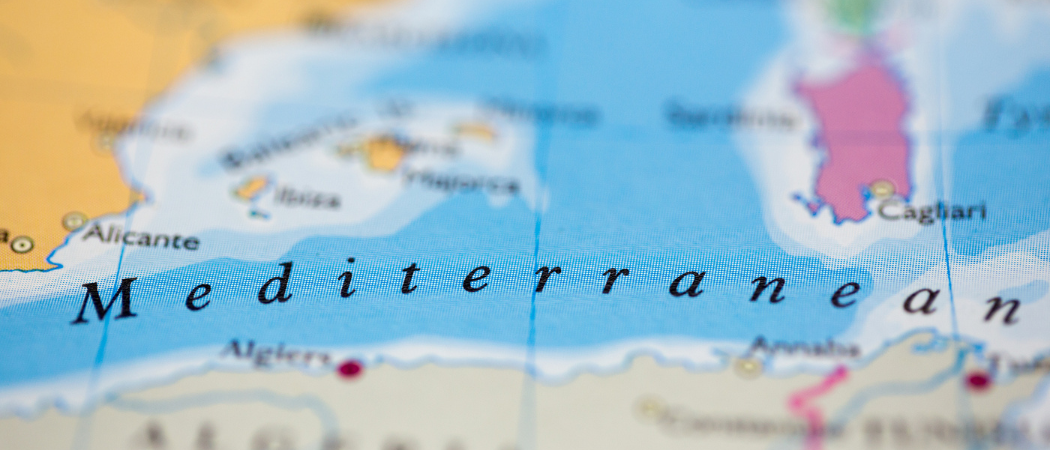Interim evaluation of the PRIMA research and innovation partnership in the Mediterranean area finds it is too complex

The PRIMA partnership for research and innovation in the Mediterranean needs to streamline its operations and reduce the complexity caused by different national funding schemes, according to a midterm review published by the European Commission.
The partnership brings together 19 countries around the Mediterranean Sea and Germany, to boost research cooperation water management, agriculture, energy and food production.
According to the report, PRIMA is a good diplomacy tool and it allows the EU to engage with countries in the Mediterranean Basin. Commission president Ursula von der Leyen has repeatedly emphasised the EU is interested in working closely with countries in the southern Mediterranean on climate technologies and services, and PRIMA is poised to contribute to broader EU political goals in energy and climate.
The partnership has been running since 2017, but the first blueprints were first discussed in 2012. The total budget is €494 million, of which €220 million comes from the EU’s Horizon 2020 research and innovation programme. The remainder of the funding is provided by the participating countries.
Up to the end of 2021, the partnership has spent €353 million, with the top beneficiaries being Italy, Spain, Tunisia and France. None of the projects in the partnership have finished yet, which is why the report is focused more on structural issues related to implementation, and less so on the content and the impact of the projects.
According to the report, PRIMA is now running smoothly and is no longer facing delays in funding or the implementation of the annual work plans.
However, PRIMA has attracted a lot of applications and success rates are low, in some cases below 5%. Other parts of the partnership have reported higher success rates, from 6.6% in 2018 to 20% in 2021, but the report notes oversubscription could discourage high-quality proposals in the future.
The Commission report suggests the PRIMA implementing structure should address this issue and come up with ways to increase the success rates via tailored calls and by improving application procedures in both stages of the calls.
The report also notes that different administrative procedures for funding research and innovation across 19 countries are proving difficult to manage and could be streamlined in the future to reduce time to grant.
Bumpy start
The partnership was plagued by various issues in the first few years of implementation following its launch with a fanfare as one of the biggest efforts to bring together countries around the Mediterranean basin to on food, water and agriculture research of common interest.
But some of the research projects quickly hit administrative hurdles in Italy, while progress was also hindered by the onset of the COVID-19 pandemic in early 2020. Some projects had to repurpose their grants to focus on pandemic-related research. In addition, projects in Italy and Lebanon faced payment delays.
The recommendations of the midterm report will serve as basis for discussions between the Commission and PRIMA management.
The last calls for proposals will be scheduled for 2024 and will be funded through the Horizon 2020, but member states have already shown interest in continuing the partnership after that date and are now looking into ways of synchronising future PRIMA activities with the ongoing EU framework programme Horizon Europe.





 A unique international forum for public research organisations and companies to connect their external engagement with strategic interests around their R&D system.
A unique international forum for public research organisations and companies to connect their external engagement with strategic interests around their R&D system.